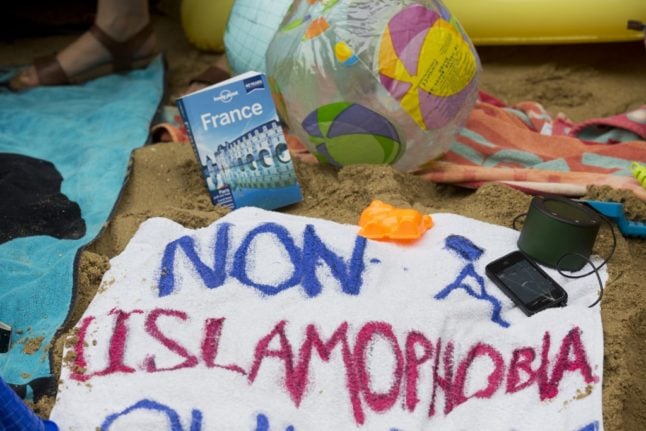“Offering scholarships to students from developing countries fits perfectly with the stated aims of Swedish foreign aid,” Fredrik Segerfeldt, a libertarian Swedish commentator and author of the report, told The Local.
“It’s a very concrete way to ‘contribute to creating the conditions for poor people to improve their standard of living’.”
Since the 2011 introduction of tuition fees for non-European students wishing to attend Swedish universities, enrollment of non-European students has dropped by 79 percent, according to figures from Sweden’s National Agency for Higher Education (Högskolverket).
Moreover, developing countries like Nepal, Bangladesh and Cameroon were among the countries which experiences the largest drop in the number of foreign students who come to Sweden to study.
Richard Stenelo, head of external relations at Lund University, also noted a drop in applicants from other countries in Africa and Latin America following the introduction of tuition fees.
“It’s because we do not have enough scholarship funds and they cannot afford to study in Sweden,” Stenelo told Sveriges Radio (SR) recently.
Close to 100 million kronor ($15 million) has been set aside by the Swedish government for scholarships to help cover the cost of tuition fees for non-European students, and according to the higher education agency, about 40 percent (831 students) of tuition-paying students received scholarships last year that covered some or all of their tuition fees.
Nevertheless, the precipitous fall in non-European student enrollments has prompted several Swedish universities to urge the government to boost the level of scholarship funding.
With tuition fees averaging 120,000 kronor ($18,000), the universities fear that only wealthy, rather than the most talented, students will study in Sweden.
According to Segerfeldt’s proposal, put forward in a recent paper published by the liberal Swedish think tank Timbro, Sweden could cover tuition fees for nearly 13,000 students from developing countries by devoting about 3.3 percent of the country’s foreign aid budget to scholarships.
The total sum, 1.2 billion kronor, would provide about 90,000 kronor per student, which would cover most of the average fees currently required by non-European students.
Adding an addition 400 million kronor to the sum, according to Segerfeldt, would also cover living costs for 13,000 foreign students on par with the nearly 28,000 kronor per year that Swedish students are eligible for in the form of student grants (studiebidrag).
In Segerfeldt’s view, the scholarships offered to students from developing countries are already a form of foreign aid.
“As a libertarian, I’m against the whole concept for foreign aid, but as Sweden remains committed to its one percent foreign aid goal, at least using the money in the form of scholarships is a way to protect against the money disappearing due to corruption,” he said.
He added there are other benefits to maintaining a rich and diverse population of foreign students in Sweden.
“We can hope that many of these talented and educated students remain in Sweden,” he said.
“That would be good for the Swedish business community and something which remains in line with Sweden’s development aid goals.”
David Landes



 Please whitelist us to continue reading.
Please whitelist us to continue reading.
Member comments